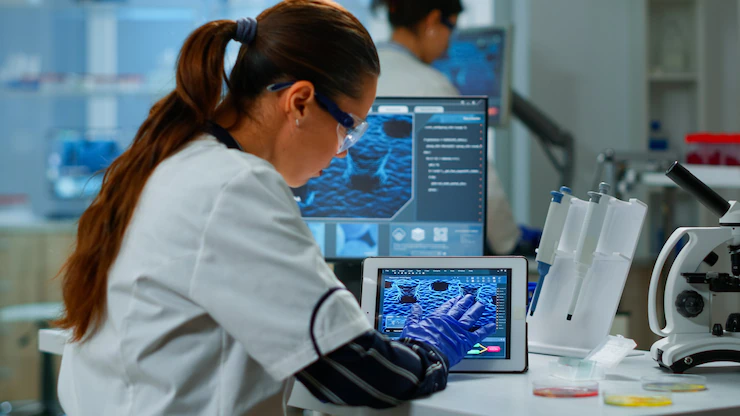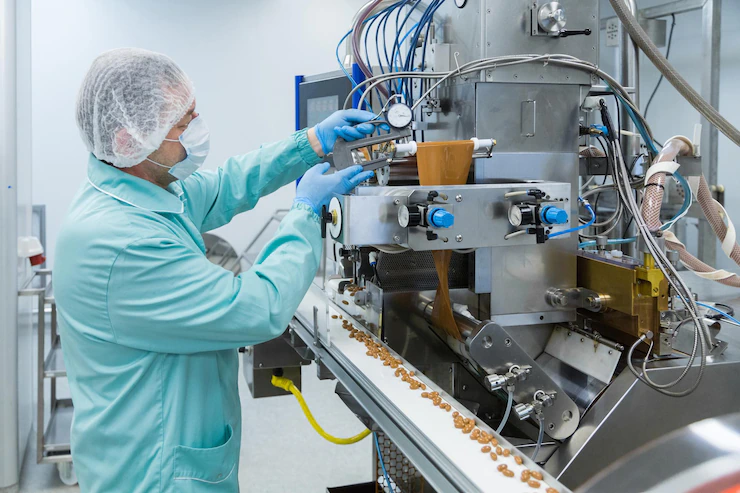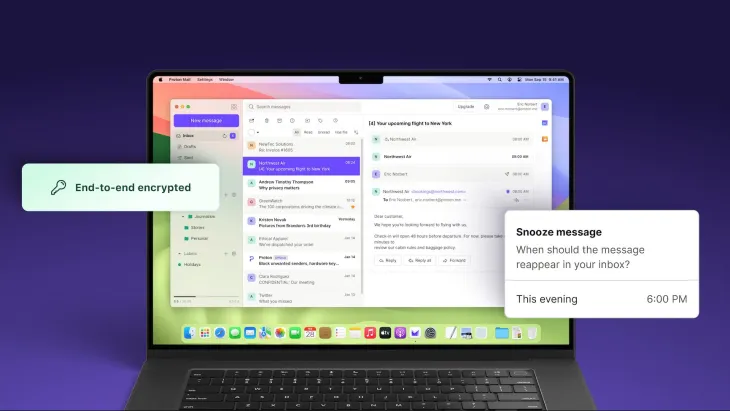Envisioning a future in pharmacy tech is a great idea, but, have you considered if Pharmacy tech is a good job to venture into? Do you even know what pharmacy technicians do? In this article, I’ll tell you what pharmacy technicians do as well as the pros and cons of diving into a pharmacy tech job.

What is Pharmacy Tech?
Pharmacy tech is a healthcare profession that ensures the licensing of pharmacists to help fill prescriptions and prepare medication for patients. Now, those who work in this healthcare space are called pharmacy technicians.
Who is a Pharmacy Technician?
Pharmacy technicians play the backstage role of assisting pharmacists with other tasks, such as maintaining records and managing inventory.
Pharmacy technicians typically work in a retail or hospital setting, and they may be responsible for receiving and verifying prescription orders, preparing and packaging medication, and providing customer service to patients. They may also be involved in insurance claims processing and other administrative tasks.
To become a pharmacy technician, one typically needs to have a high school diploma or equivalent, and complete a pharmacy technician training program. Many programs are offered by vocational schools, community colleges, or online schools and can take from several months to a year to complete. After completing an accredited program, the candidate must pass a certification exam. Many states in the US also require pharmacy technicians to be licensed, which generally involves passing an exam and meeting other qualifications.
If you have ever asked “Is pharmacy tech a good job?” then, here is just the answer you need to see.
See Also: Exciting Tech As Apple’s mixed-reality headset could arrive this year
Pros Of Pharmacy Tech
There are several benefits to enrolling in a pharmacy tech job. These include:
- Job stability: The demand for pharmacy technicians is expected to continue growing as the population ages and requires more medication. This makes it a stable and secure career choice.
- Good pay: Pharmacy technicians typically earn a good salary, with the median annual salary in the US being around $44,000. This can be higher in certain parts of the country, and may also increase with experience.
- Variety of settings: Pharmacy technicians can work in a variety of settings, including retail pharmacies, hospitals, long-term care facilities, and more. This allows for flexibility and the ability to find a work environment that best suits your preferences.
- Opportunities for advancement: Pharmacy technicians who wish to advance their careers can do so by becoming certified pharmacy technicians, pharmacy technician specialists, or even a pharmacist.
- Ability to make a difference: Pharmacy technicians play an important role in healthcare by ensuring that patients receive the medications they need. This can be a rewarding experience for those who want to help others.
- Short training period: Unlike pharmacists, Pharmacy technicians require only a short training period or a certification program which is comparatively less expensive and faster
- Flexible scheduling: Many pharmacies are open 24/7 which could allow for scheduling flexibility.
Keep in mind that every job comes with its own set of challenges and responsibilities. It’s always important to research and find if the career path aligns with your interests and strengths.
Cons of pharmacy tech
There are however a few potential downsides to working as a pharmacy technician:
- Limited career advancement opportunities: While pharmacy technicians can gain additional certifications and take on more responsibilities, the overall career advancement opportunities for technicians may be limited.
- Repetitive work: Much of a pharmacy technician’s work involves counting and pouring pills, which can be repetitive and monotonous.
- Stressful work environment: Pharmacies can be busy and hectic places, with tight deadlines and a high volume of customers. This can lead to a stressful work environment.
- Risk of medication errors: Pharmacy technicians are responsible for accurately filling prescriptions, and mistakes can have serious consequences. This pressure can be stressful and can lead to medication errors.
- Limited autonomy: pharmacy technician work under the supervision of a licensed pharmacist and may not have much autonomy in their work
- Long working hours: Some pharmacy technicians may work evenings, weekends, and holidays depending on the demands of the job.
- Physical demands: pharmacy technicians may have to stand for long hours, and lift and move heavy boxes of drugs and supplies.
- Job outlook: Like in many fields, the demand for pharmacy technicians is expected to grow but it may not be as significant as in other healthcare fields.
It’s important to keep in mind that everyone’s experience in any job can be different. These potential cons should be taken into consideration when deciding if a career as a pharmacy technician is the right choice for you.
Conclusion
While hoping that before you got to this point, the pros and cons highlighted above have given you enough insights into what a pharmacy tech job entails and these can guide you on your choice of venturing into pharmacy tech.


















